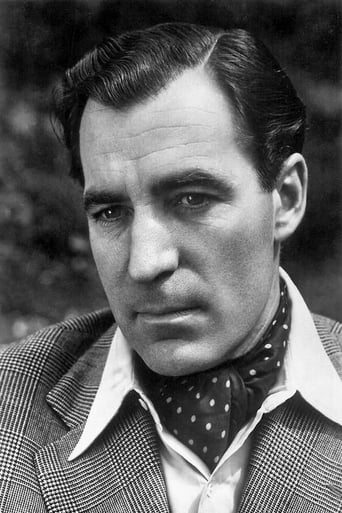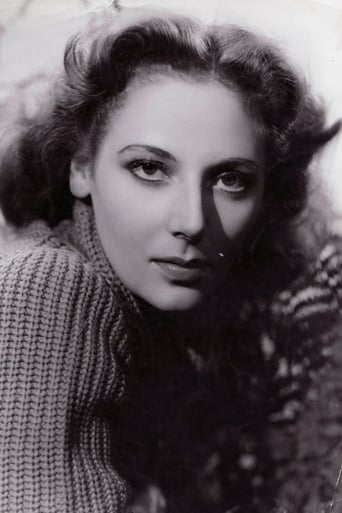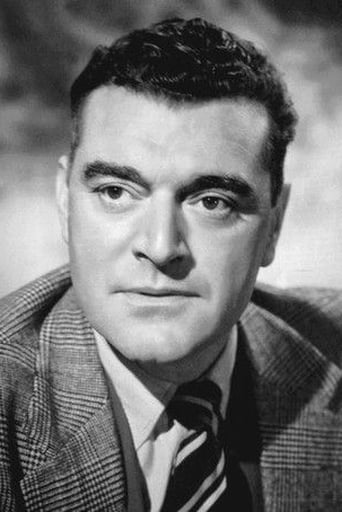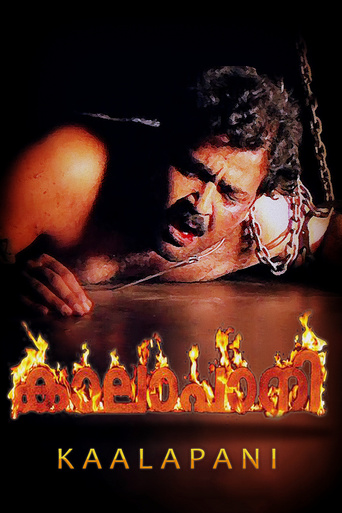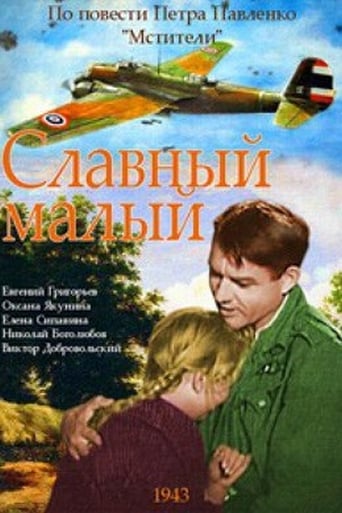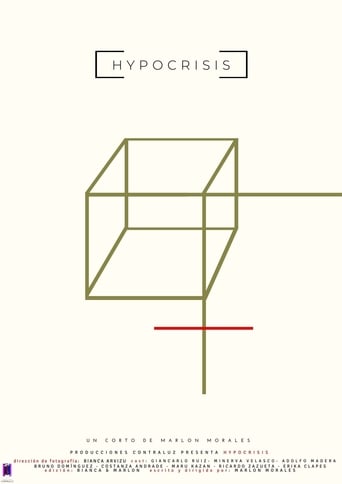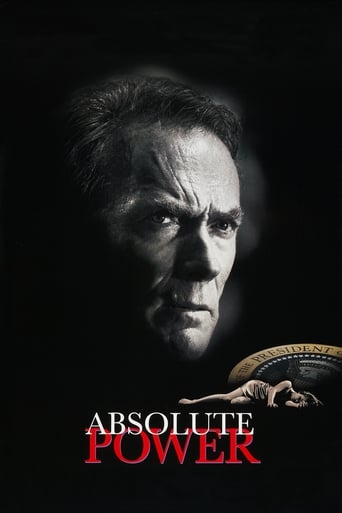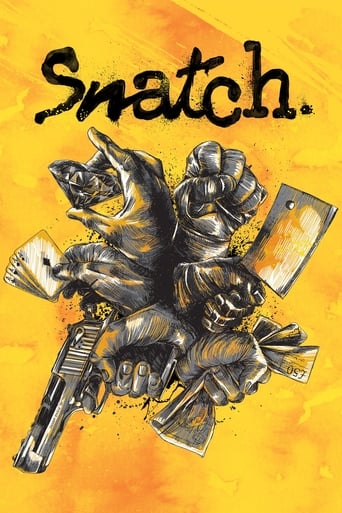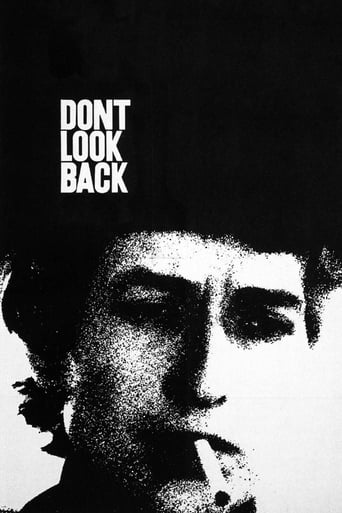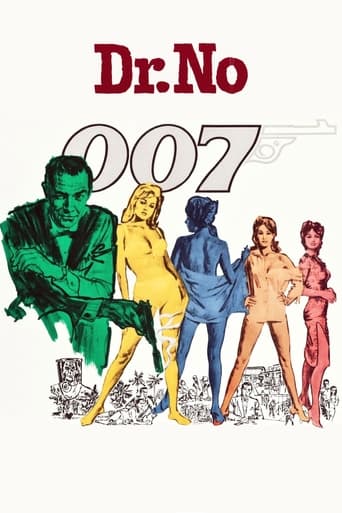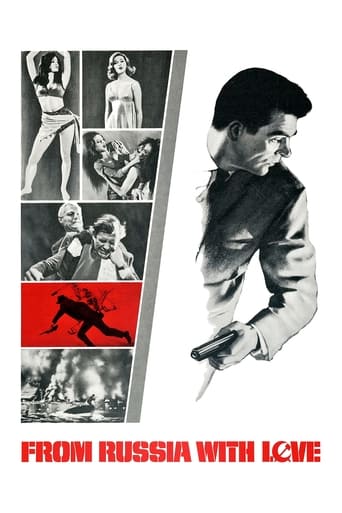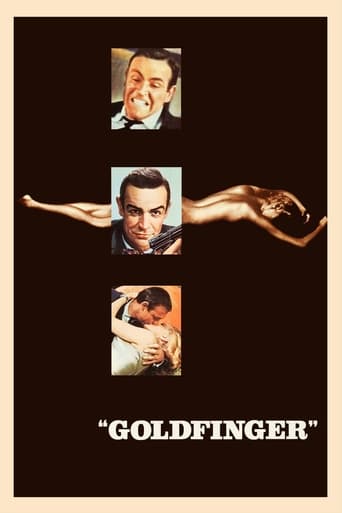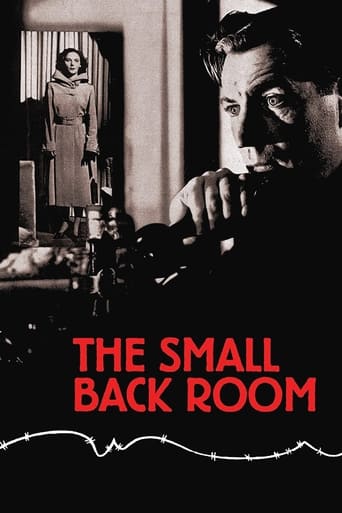
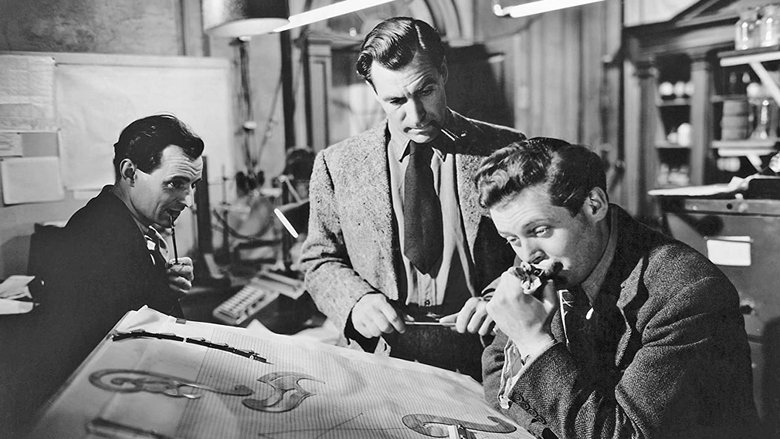
The Small Back Room (1949)
At the height of World War II, the Germans begin dropping a new type of booby-trapped bomb on England. Sammy Rice, a highly-skilled but haunted bomb-disposal officer, must overcome his personal demons to defeat this new threat.
Watch Trailer
Cast


Similar titles
Reviews
Sadly Over-hyped
Admirable film.
Great movie! If you want to be entertained and have a few good laughs, see this movie. The music is also very good,
A terrific literary drama and character piece that shows how the process of creating art can be seen differently by those doing it and those looking at it from the outside.
Not really knowing what to expect from The Small Back Room, I'm glad to say that I found myself pleasantly surprised by this 1949, British production. It was one of the best character studies that I've seen (from that era) in quite a long time.Set in 1943 (in war-torn London), this beautifully restored, b&w drama held my undivided attention from start to finish.Featuring a good cast (headlined by David Farrar) and impressive camera-work (there's lots of great close-ups), The Small Back Room's story concerns the professional and personal conflicts of Sam Rice, a troubled research scientist and bomb-disposal expert with a "tin leg" and a weakness for whiskey.This solid, intense (and somewhat depressing) story even contains a scene filmed at Stonehenge. As well, there's a rather strange & surreal sequence involving clocks and a distorted whiskey bottle that gets thrown into the mix which may puzzle some viewers.All-in-all - This WW2 drama was well-worth a view.
While not a great film in comparison to other Archer productions such as The Life and Death of Colonel Blimp, 49th Parallel or The Red Shoes, The Small Back Room is a tense and interesting British thriller that recounts what it must have felt like to live in England during World War II, a most precarious time when the threat of Nazi air invasion was constantly hanging overhead (no pun intended).In this story, David Farrar and Kathleen Byron are reunited after their tumultuous chemistry in Black Narcissus, playing a respected bomb detector and his secretary girlfriend who find themselves fighting a personal war in addition to the larger conflict amidst Europe. Farrar finds himself battling alcoholism and directors Michael Powell and Emeric Pressburger create many parallels between the two instances. What is most intriguing about this film, like so many other Powell and Pressburger productions, is how the ideas are presented as just as important as the action. Most American films, particularly in the last three decades, seem to focus solely on the actions of the characters rather than the notions that lead to such activity. Here, there is constant stewing over how to effectively dismantle and recognize Nazi booby-traps, all leading up to a rather tense and dramatic conclusion in which the embittered protagonist must fight his inner demons to save the day.The plot for the most part is rather trivial. What is important, and what remains, is the fact that Britain put itself entirely on the line to save Europe and possibly the world from what was perceived as pure evil. Films like this, 49th Parallel, and Colonel Blimp were often received as war propaganda used to encourage the British public to support the war effort. Even after the war, such films were quite useful in keeping up the morale in tough times that would eventually culminate in the Cold War. To see such a film today is to understand better a small aspect of history previously unavailable.
Nigel Balchin, a woefully neglected novelist, one of the finest British writers of the mid 20th century, wrote two novels against the backdrop of World War 2, his masterpiece Darkness Falls From The Air, written, set in and published during the London Blitz in 1941 and The Small Back Room, published two years later in 1943. Had I been involved in the adaptation of novel to screen the team of Michael Powell and Emeric Pressburger would have been way down my list of candidates if even on the list at all for their penchant for fantasy, faerie-like romance and off-centre plotting does not lend itself to a story rooted in realism. Having said that they manage to make something of a half-decent fist of it with the help of two outstanding leads in David Farrar as boffin Sammy Rice, who, some years before the outbreak of war had a foot amputated and replaced with a tin one and Kathleen Byron as his live-in lover, whipping-girl and colleague in the hush-hush department devoted to shortening the war. As a real-life scientist Balchin's day job means his novels reek with authenticity not least when satirising the Civil Servants who got under his skin; Jack Hawkins grabs his role as R.B. Waring by the scruff of the neck and becomes the oleaginous character more interested in 'selling' a suspect new weapon to the army than in the lives of the men who will have to use it. The climax of sorts involves a fiendish German explosive device tricked out to resemble a thermos flask and it is left to Rice to dismantle it. Both Farrar and Byron had appeared in the previous Powell-Pressburger effort the wildly overrated Black Narcissus and here they more than redeem themselves. A small pleasure.
Quite apart from its wartime themes, this is the best introduction I know to the world of office politics and power broking. Fans of Ricky Gervais are advised to give this little film a viewing. It has enough story lines to keep everyone happy and the cast is mighty fine at playing a variety of individuals. It's hard to think of a better supporting-role performance from Jack Hawkins, and anything with Kathleen Byron in it always has to be watchable.I've only just read the novel of the same name, on which it's based (still in print and available, and strongly recommended by the way). Comparing the two, it's easy to see how so much of the film derives from the novel; but this is far more than a film of the book. Powell and Pressburger have done a superb job of focusing and concentrating the novel's strengths.


